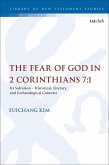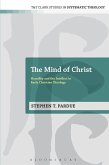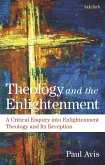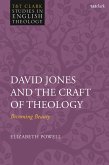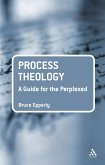This volume examines what it means to proceed in the path of wisdom by beginning with fear of God, that is, mindfulness always and everywhere of God's being and presence.
Michael Allen describes the praxis of fearing the Lord, how that posture of contemplative pursuit marks the theological task and defines our theological method; in so doing it takes up the significant topics of divine revelation, theological exegesis, intellectual asceticism, and retrieval/ressourcement from a distinctly doctrinal perspective. In each of these conversations, doing theology in the presence of God functions as a consistent thread. God is not mere object but truly functions as subject in the process of theological growth, though God's presence and agency fund rather than negate creaturely theological responsibility.
The Fear of the Lord: Essays on Theological Method explores some of the most central questions of contemporary theological method - revelation, Scripture, theological interpretation, retrieval, intellectual asceticism, scholastic method - by asking in each and every case what it means to think fundamentally of the perfect and present God involved and active in these spheres.
Michael Allen describes the praxis of fearing the Lord, how that posture of contemplative pursuit marks the theological task and defines our theological method; in so doing it takes up the significant topics of divine revelation, theological exegesis, intellectual asceticism, and retrieval/ressourcement from a distinctly doctrinal perspective. In each of these conversations, doing theology in the presence of God functions as a consistent thread. God is not mere object but truly functions as subject in the process of theological growth, though God's presence and agency fund rather than negate creaturely theological responsibility.
The Fear of the Lord: Essays on Theological Method explores some of the most central questions of contemporary theological method - revelation, Scripture, theological interpretation, retrieval, intellectual asceticism, scholastic method - by asking in each and every case what it means to think fundamentally of the perfect and present God involved and active in these spheres.



